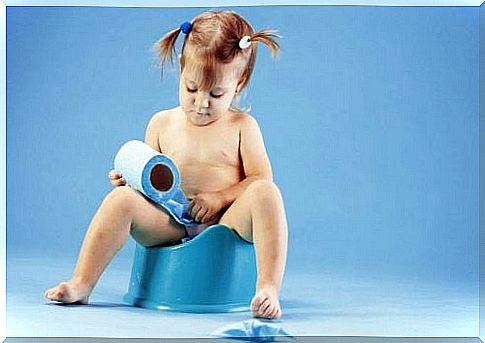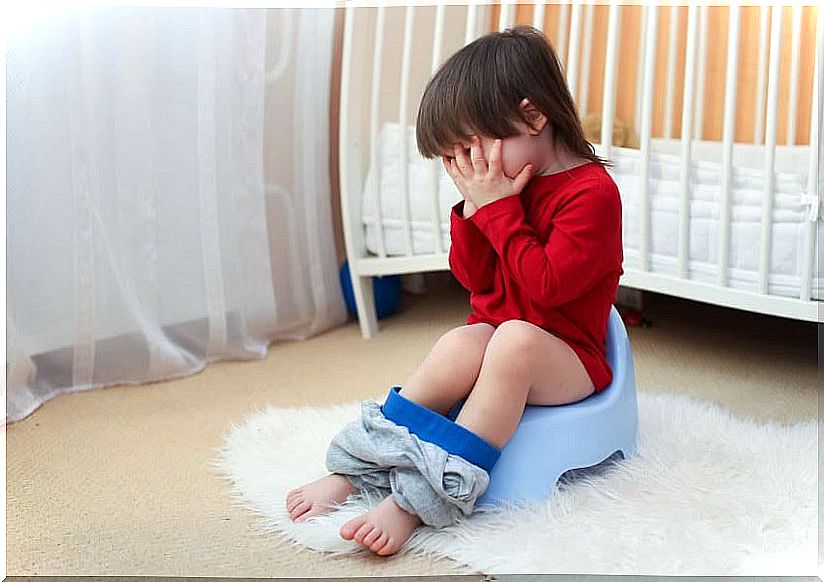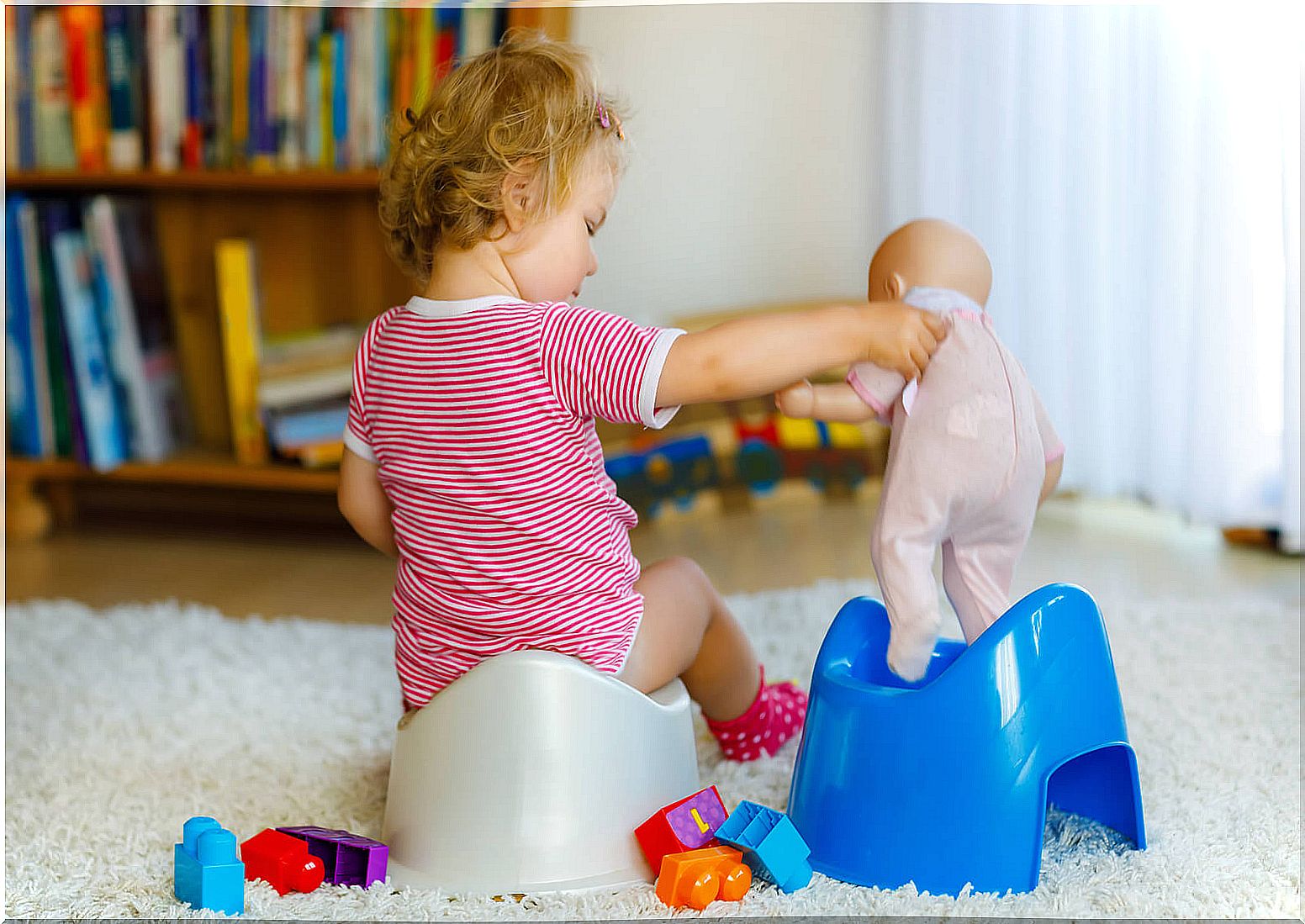How To Prevent Childhood Gastroenteritis

Childhood gastroenteritis is a disease basically caused by inflammation of the stomach and small intestine of children. Its main symptoms are diarrhea, vomiting, abdominal pain and cramps.
An important part that we should know about this disease is that it presents very generic symptoms and is caused by a wide variety of causes. This is vital to be able to treat it, or better yet, prevent it and thus avoid the suffering of the little ones.
Understanding the reasons for this condition allows us to have a range of options to protect the spoiled of the house. Here are the origins and 4 tips to prevent gastroenteritis.
What can cause childhood gastroenteritis?

The first and most recurrent cause is the spread of a virus. If a child is infected with rotavirus, he or she will suffer from infantile gastroenteritis.
Then we have the one that occurs due to a bacterium such as salmonella. This is caused by the ingestion of poorly cooked or infected food. Parasites can also initiate diarrhea and cramps, according to a study published in the International Journal of Environmental Research and Public Health.
However, there are also another set of less common causes such as intoxication, inflammatory diseases, immune deficiencies and even dietary problems. The latter are relevant and can occur frequently.
Get your child vaccinated against rotavirus
Rotavirus is the number one reason why your child can suffer from gastroenteritis, especially at a young age. Fortunately, there is a vaccine that makes your little one immune to this complicated virus.
This disease may not show symptoms in some cases, as the opposite could happen and cause severe gastroenteritis and have tragic consequences for the child who suffers from it. That is why vaccination is recommended. This is evidenced by research published in Nature Reviews.
The doses that each little one gets are between two and three. The first is placed at two months of age and the second at four. Pediatricians sometimes suggest placing a third at 6 months. Always consult your doctor.
Keep everything in order and clean to avoid microbes and diseases
Hygiene is vital to fight bacteria

This is something basic but sometimes forgotten. It is not just washing your hands and face: it is doing it taking special care, especially before and after meals.
Keeping your child from putting dirty hands in their mouth can also make a big difference. Using an antibacterial soap is a good start and educating him at least not to ingest contaminated products or soil is something he will thank you for.
As parents, it is essential to take care of the way in which we prepare our infants’ food. Proper cleaning of the utensils with which we eat and prepare food is vital.
Breast milk is the best ally
Drinking breast milk helps prevent infant gastroenteritis
According to some studies carried out in Belarus, increasing the consumption of breast milk in the suckers helps reduce the risks of infections and gastrointestinal problems, especially in their first year of age.
This research was published in the Journal of the American Medical Association . According to doctors, long-term breastfeeding helps the child to be less prone to these conditions. Poisonings are reduced by 40%.
Without a doubt, children who maintain the consumption of breast milk have an advantage over children who reject it.
Think twice before eating outdoors
Avoid eating on the street and take control of your little one’s eating
If the problem is in hygiene, then it is not enough for your little one to wash his hands or for you to prepare the food well. You should think about external factors such as meals that are made outside the home.
Pay attention to fast food outlets. In them, many times there are cleaning problems that we cannot identify. Remember that no one is going to take care of your child’s health and nutrition like you would.
Avoid taking your little one to these types of shops as much as possible and try to ensure that when this happens they are of a certain age. The smaller they are, the weaker they are against disease. Control his diet and you will see that everything goes according to plan.
Preventing gastroenteritis is possible
Through a series of dietary and hygienic precautions, gastroenteritis can be effectively prevented. You have to pay special attention to the feeding of the child to avoid problems in the functioning of the digestive system.










